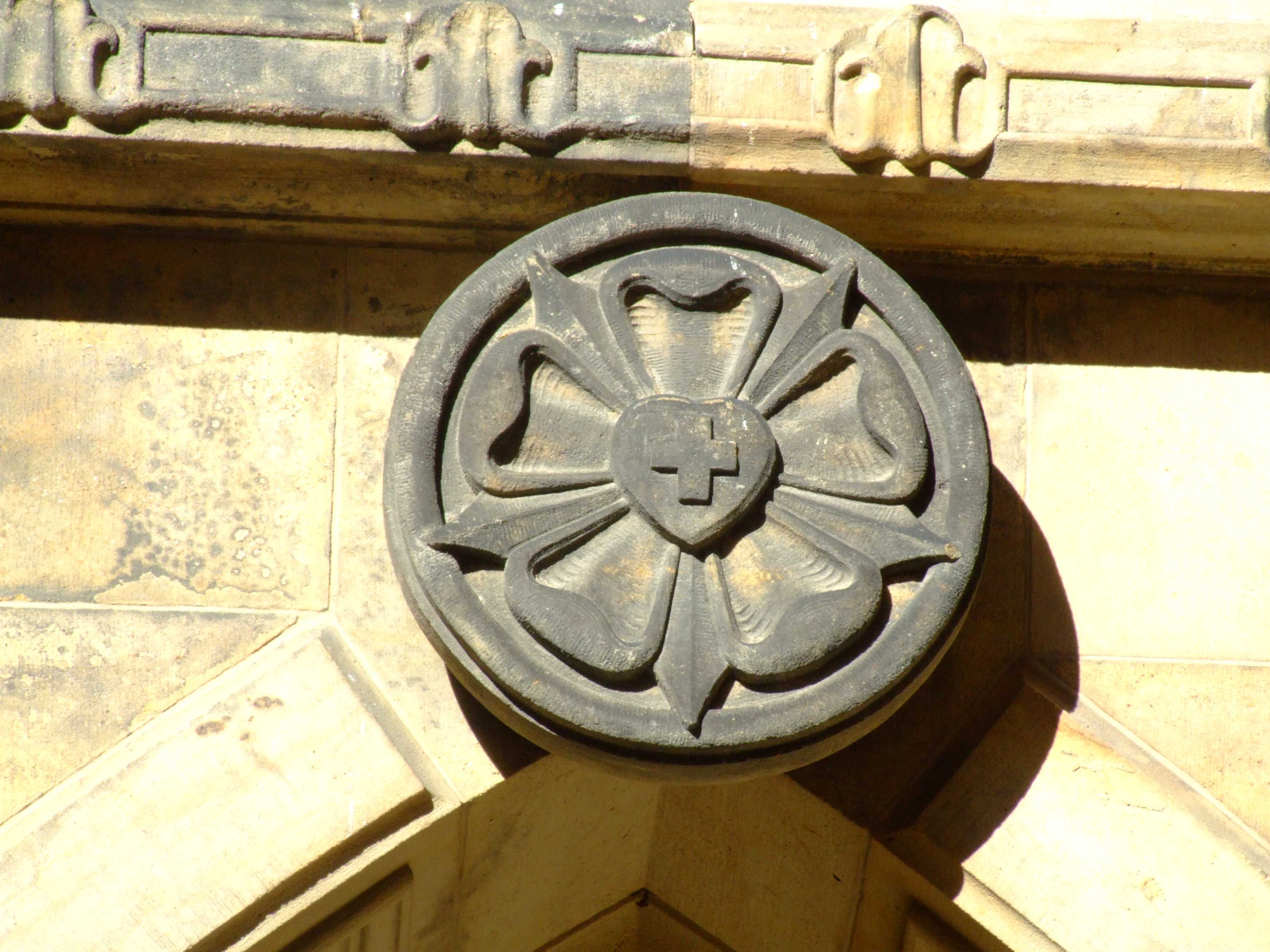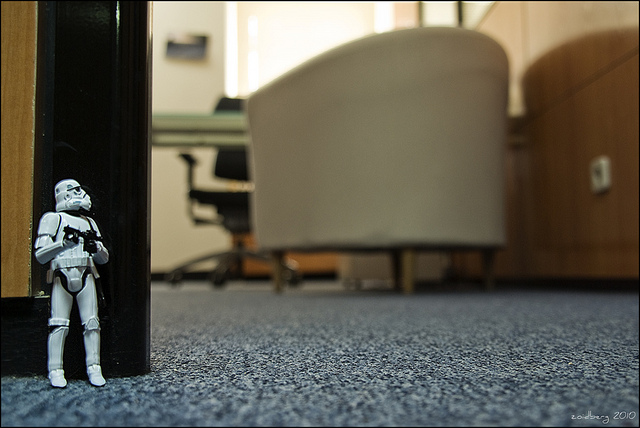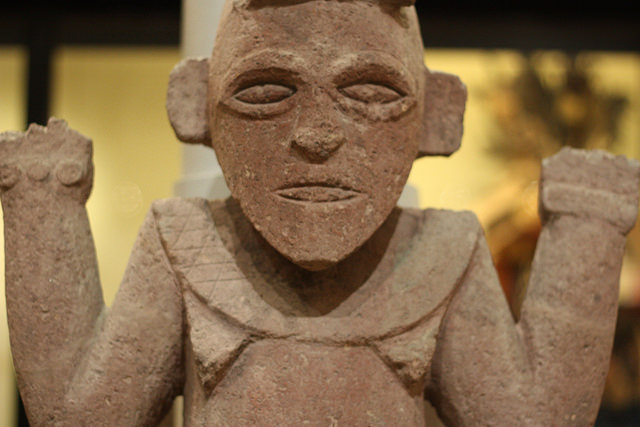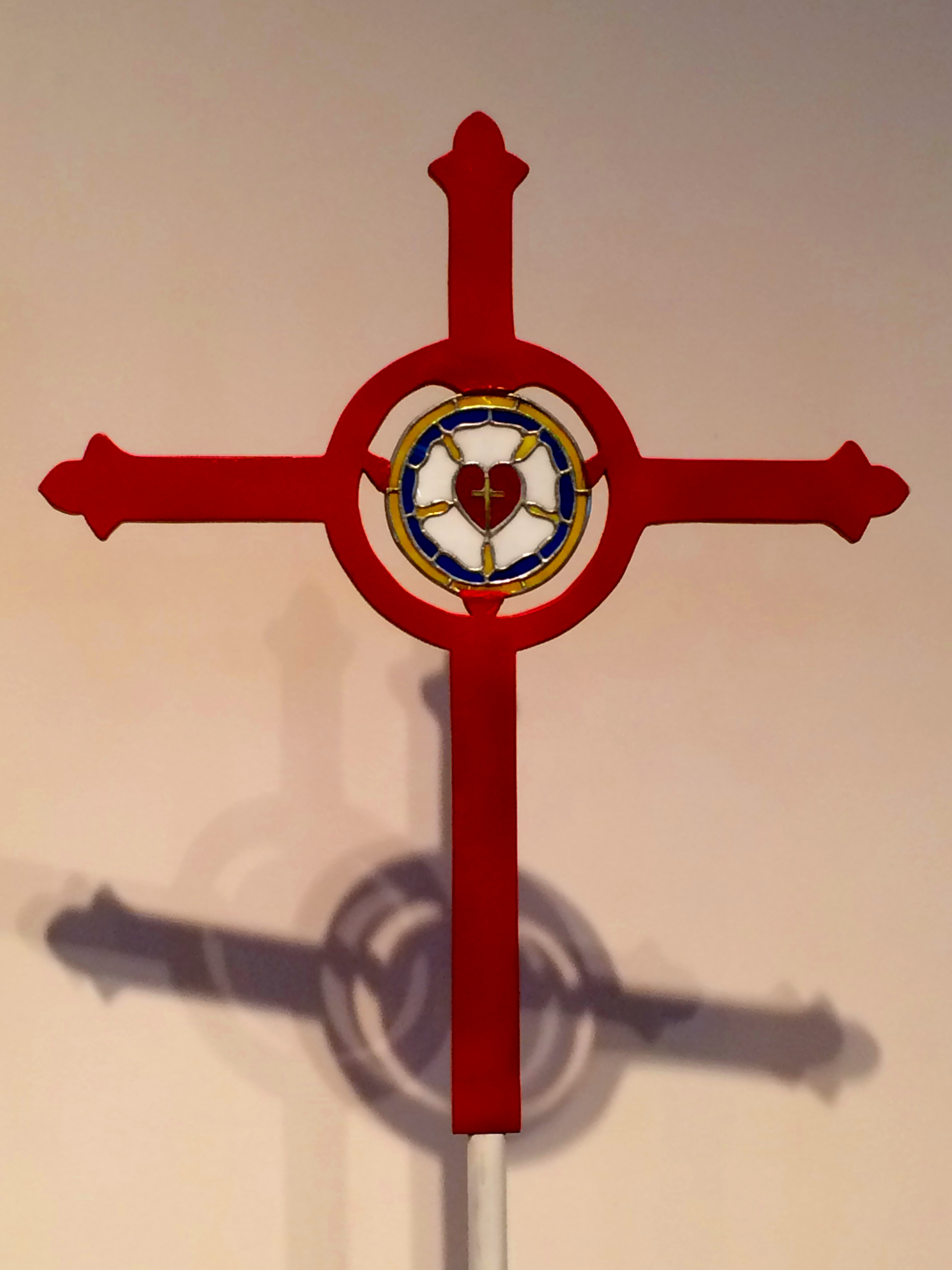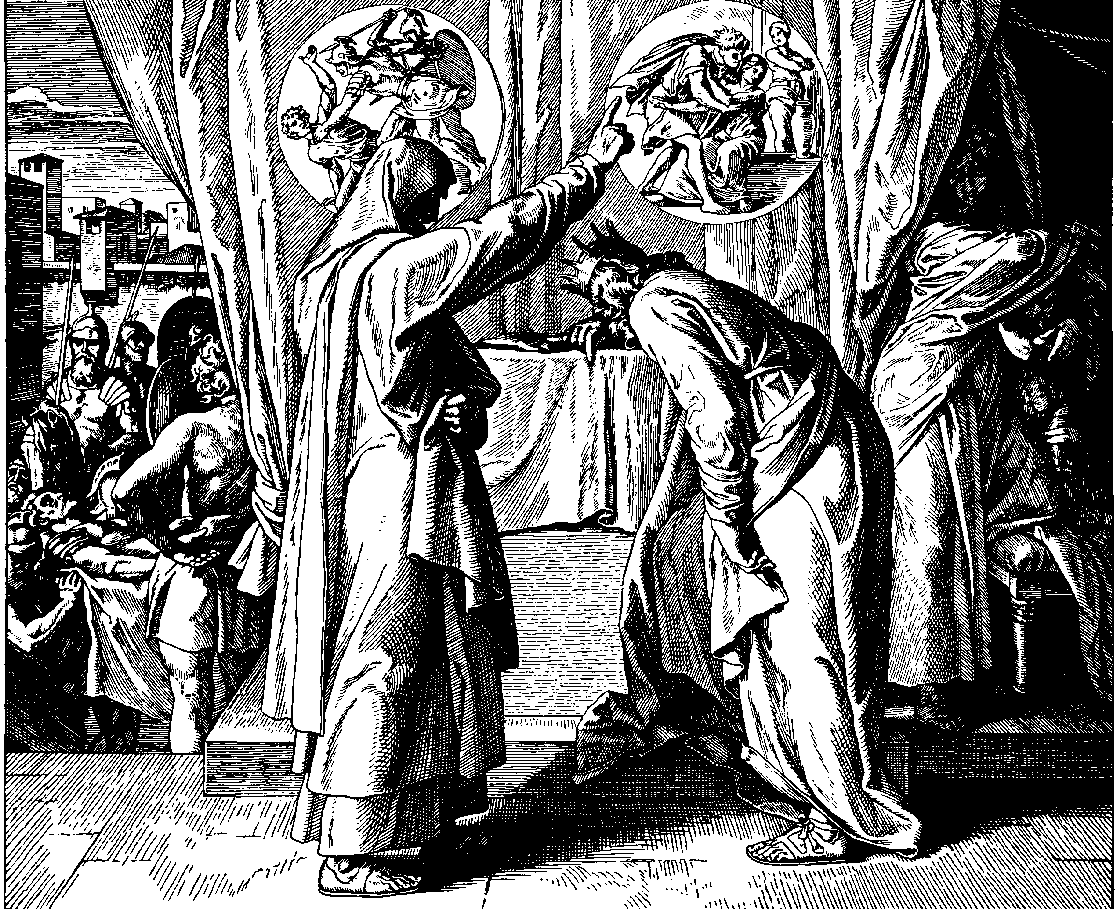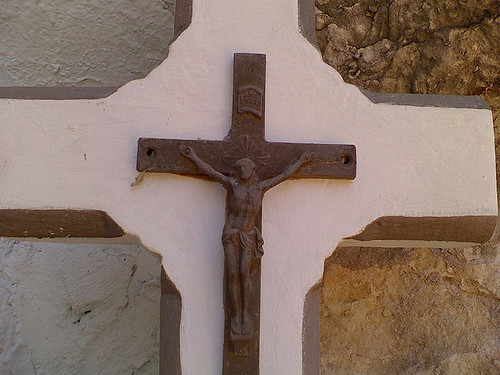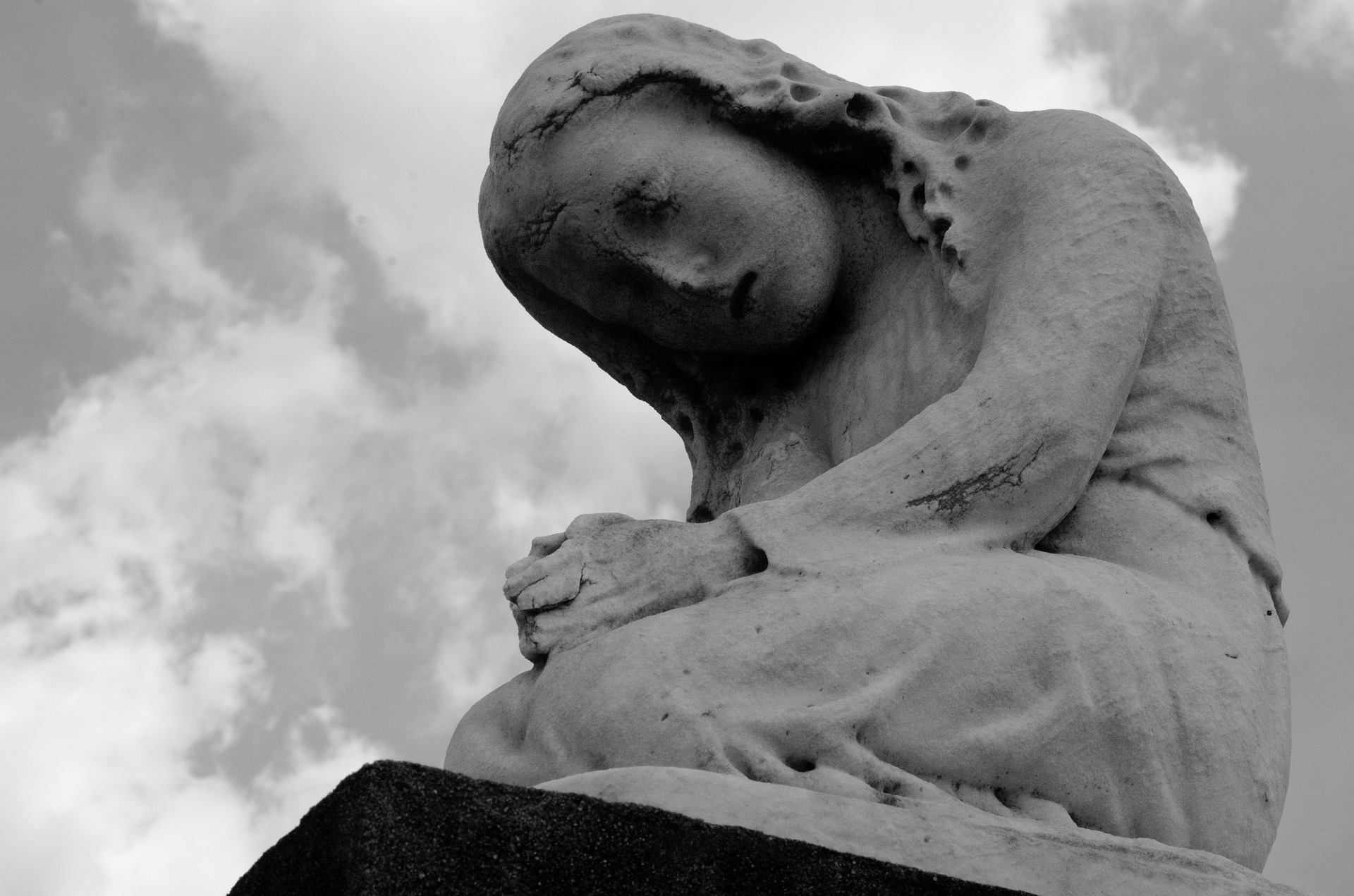-
The Smalcald Articles Preface
Since Pope Paul III convoked a Council last year, to assemble at Mantua about Whitsuntide, and afterwards transferred it from Mantua, so that it is not yet known where he will or can fix it, and we on our part either had to expect that we would be summoned also to the Council or [to fear that we would] be condemned unsummoned, I was directed to compile and collect the articles of our doctrine [in order that it might be plain] in case of deliberation as to what and how far we would be both willing and able to yield to the Papists, and in what points we intended to…
-
The Defense of the Augsburg Confession
Philip Melanchthon Presents His Greeting to the Reader. After the Confession of our princes had been publicly read, certain theologians and monks prepared a confutation of our writing; and when His Imperial Majesty had caused this also to be read in the assembly of the princes, he demanded of our princes that they should assent to this Confutation. But as our princes had heard that many articles were disapproved, which they could not abandon without offense to conscience, they asked that a copy of the Confutation be furnished them, that they might be able both to see what the adversaries condemned, and to refute their arguments. And, indeed, in a…
-
Article XXV: Of Confession
Confession in the churches is not abolished among us; for it is not usual to give the body of the Lord, except to them that have been previously examined and absolved. And 2] the people are most carefully taught concerning faith in the absolution, about which formerly there 3] was profound silence. Our people are taught that they should highly prize the absolution, as being the voice of God, 4] and pronounced by God’s command. The power of the Keys is set forth in its beauty and they are reminded what great consolation it brings to anxious consciences, also, that God requires faith to believe such absolution as a voice…
-
Article XXIV: Of the Mass
Falsely are our churches accused of abolishing the Mass; for the Mass is retained among 2] us, and celebrated with the highest reverence. Nearly all the usual ceremonies are also preserved, save that the parts sung in Latin are interspersed here and there with German hymns, which have been added 3] to teach the people. For ceremonies are needed to this end alone that the unlearned 4] be taught [what they need to know of Christ]. And not only has Paul commanded to use in the church a language understood by the people 1 Cor. 14:2-9, but it has also been so ordained by man’s law. 5] The people are…
-
Article XXIII: Of the Marriage of Priests
There has been common complaint concerning the examples of priests who were not chaste. 2] For that reason also Pope Pius is reported to have said that there were certain causes why marriage was taken away from priests, but that there were far weightier ones why it ought to be given back; for so Platina writes. 3] Since, therefore, our priests were desirous to avoid these open scandals, they married wives, and taught that it was lawful for them to contract matrimony. First, because 4] Paul says, 1 Cor. 7:2,9: To avoid fornication, let every man have his own wife. Also: It is better to marry than to burn. Secondly…
-
Luther’s Preface to the Small Catechism
Martin Luther to All Faithful and Godly Pastors and Preachers: Grace, Mercy, and Peace in Jesus Christ, our Lord. The deplorable, miserable condition which I discovered lately when I, too, was a visitor, has forced and urged me to prepare [publish] this Catechism, or Christian doctrine, in this small, plain, simple form. Mercy! Good God! what manifold misery I beheld! The common people, especially in the villages, have no knowledge whatever of Christian doctrine, and, alas! many pastors are altogether incapable and incompetent to teach [so much so, that one is ashamed to speak of it]. Nevertheless, all maintain that they are Christians, have been baptized and receive the [common]…
-
DOCTORS AND PREACHERS
Who Subscribed the Augsburg Confession and Apology, A. D. 1537. According to the command of the most illustrious princes and of the orders and states professing the doctrine of the Gospel, we have reread the articles of the Confession presented to the Emperor in the Assembly at Augsburg, and by the favor of God all the preachers who have been present in this Assembly at Smalcald harmoniously declare that they believe and teach in their churches according to the articles of the Confession and Apology. They also declare that they approve the article concerning the primacy of the Pope and his power, and the power and jurisdiction of bishops, which…
-
Of the Power and Jurisdiction of Bishops
60] [In our Confession and the Apology we have in general recounted what we have had to say concerning ecclesiastical power. For] The Gospel assigns to those who preside over churches the command to teach the Gospel to remit sins, to administer the Sacraments and besides jurisdiction, namely, the command to excommunicate those whose crimes are known, and again to absolve those who repent. 61] And by the confession of all, even of the adversaries, it is clear that this power by divine right is common to all who preside over churches, whether they are called pastors, or elders, or bishops. 62] And accordingly Jerome openly teaches in the apostolic…
-
A Treatise on the Power and Primacy of the Pope
Treatise Compiled by the Theologians Assembled at Smalcald – 1537 1] The Roman Pontiff claims for himself [in the first place] that by divine right he is [supreme] above all bishops and pastors [in all Christendom]. 2] Secondly, he adds also that by divine right he has both swords, i.e., the authority also of bestowing kingdoms [enthroning and deposing kings, regulating secular dominions etc.]. 3] And thirdly, he says that to believe this is necessary for salvation. And for these reasons the Roman bishop calls himself [and boasts that he is] the vicar of Christ on earth. 4] These three articles we hold to be false, godless, tyrannical, and [quite]…
-
Part III, Article XV. Of Human Traditions.
1] The declaration of the Papists that human traditions serve for the remission of sins, or merit salvation, is [altogether] unchristian and condemned, as Christ says Matt. 15:9: In vain they do worship Me, teaching for doctrines the commandments of men. 2] Again, Titus 1:14: That turn from the truth. Again, when they declare that it is a mortal sin if one breaks these ordinances [does not keep these statutes], this, too, is not right. 3] These are the articles on which I must stand, and, God willing, shall stand even to my death; and I do not know how to change or to yield anything in them. If any…




